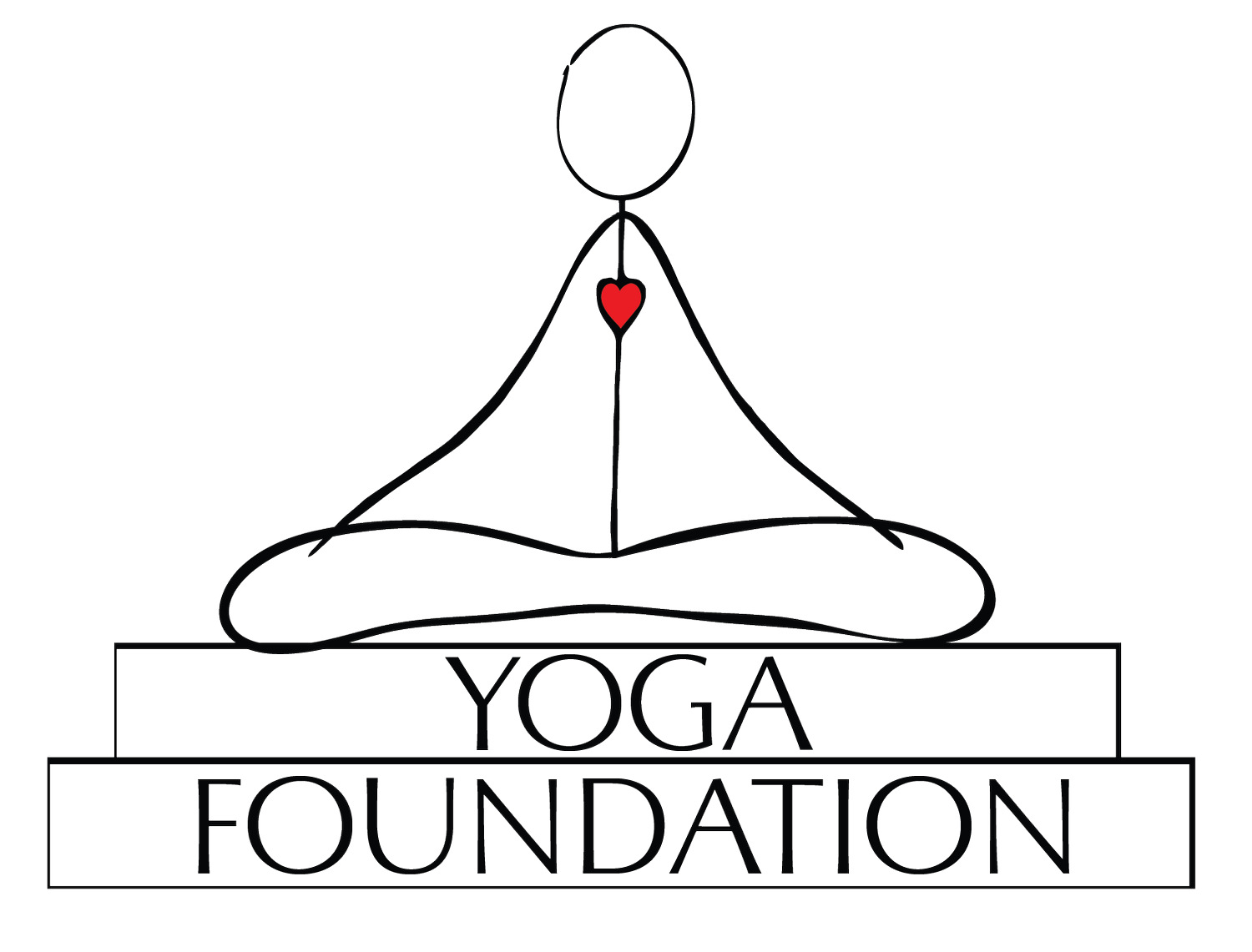Atha Vibhuti Padah
Have you thoroughly studied and learned to chant the first two chapters? Are you practicing daily? There are a few of you out there, and this week's a good time for your sutra studies upgrade. We'll move sutra-by-sutra through the entire third chapter.
How does practice translate into daily life? That's the power of these classes, their reflective nature, as each class is accompanied by follow-up svadhaya-s, questions to help you apply the teachings into your own journey. Be inspired by one of our most sincere sanga members’ handle on the practices in the first and second chapters as they apply to real life. Take time for this foray into the powerful duo of yoga sutra and practice.
“One of my most deeply ingrained patterns of thought, words, and behaviors can be summed up as perfectionism, which I have found over the years has the capacity to inflict significant suffering on myself as well as those around me. Perfectionism is rooted in abhinivesa, a deep sense of fear that one can only be loved and accepted if one is always perfect in the eyes of others and oneself, basically fear of abandonment for any mistake, deficiency, or flaw. This is an impossible expectation or standard to live up to, and the relentless pursuit of perfection is a form a raga in itself, but the underlying driver is fundamentally fear.
When coupled with workaholism, from which I also suffer, perfectionism often does cause one to be highly productive and successful by modern society’s measure, but the internal suffering it causes can never be contained to just the perfectionist-workaholic themselves. No matter how much harder I am on myself than anyone else, my tendency is often to also be critical and challenging to those around me because it is the dominant thought pattern that I apply to myself, and the coloring of my lens of perception that causes invariably affects how I perceive and treat others. Especially for those with whom I am in closest relationship, the constant dissatisfaction with myself that runs through my mind every day makes me more negative and challenging to be around and thus spreads the suffering.
However, after years of practice and working to gain clarity, I feel a shift in my internal dialog that is less critical and obsessed with perfection, and a greater sense of acceptance of myself, others, and the world in general. One of the first steps on this path was my decision to change how I reacted to traffic because as a stay at home mom, much of my time behind the wheel included my kids in the car and I didn’t want to be “Road Rage Mom” in front of them. So, I began to deliberately reframe my reactions to the hellacious world of Long Island driving when something undesirable happened . . . “Oh, that person must be running late” or “Hmm, I bet they didn’t see us in their mirror when they changed lanes” rather than the usual tirade of insults into which I would have previously launched.
At first, it was sort of performative for the sake of my kids and the thought patterns I didn’t want to implant in them - fake it till you make it, so to speak. But over time, I found that those more compassionate, less angry reactions came to be my actual way of seeing things, the first thought that came to mind in those situations, not an artificially imposed secondary response. Considering how much of my life is spent chauffeuring and driving in general, this represented a worthwhile reduction in suffering and helped me be more like the parent I want to be.
Over time and with much effort in abhyasa and vairagyam, the ability to be less demanding and perfectionist has slowly crept into more of my samskaras and I feel a gradual replacement of some of my older patterns with newer, less perfectionist ways of being. My internal dialog has become more accepting and forgiving of myself and others. I have also come to see how often things not turning out “right” according to my preconceived notions often results in a much better outcome than what I had defined, and has given me more faith to trust that a “mistake” or “flaw” is in fact something to be valued.
While easing my perfectionism will be a lifelong effort and a primary motivation to continue on the path of yoga, I can from time to time feel the ways in which old patterns slowly change and evolve to allow newer and healthier ways of being to creep in. I am still my own harshest critic, but the intensity of that constant dissatisfaction is slowly falling and I have faith that the more I commit to practice and living in alignment with the yama-s and niyama-s the more equanimous my internal life, and thus how I treat others and move through life, will be.
Abhyasa, vairagyam, and sraddha - wash, rinse, and repeat.”
It's also a great time to learn a very inspiring chant to a prosperous Goddess that bestows the clarity of a wide open blue sky, and to do a meditation that goes along with it, in our monthly meditation class - both of which begin on Tuesday.
